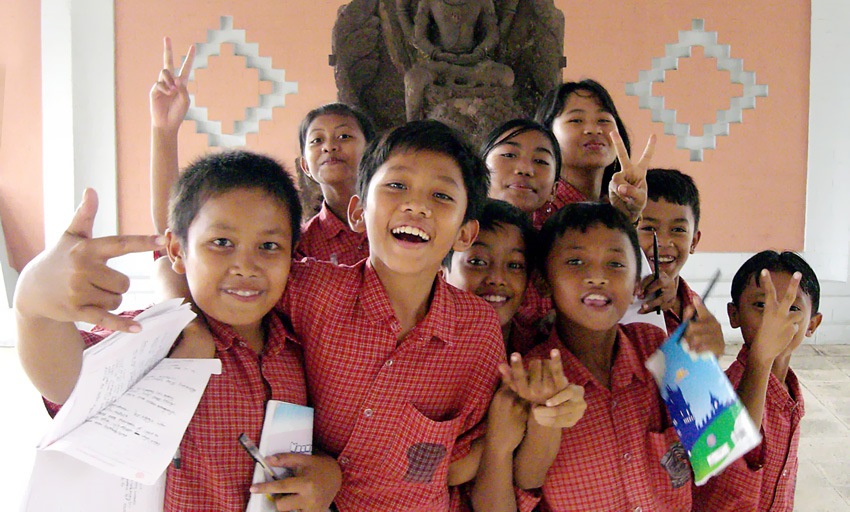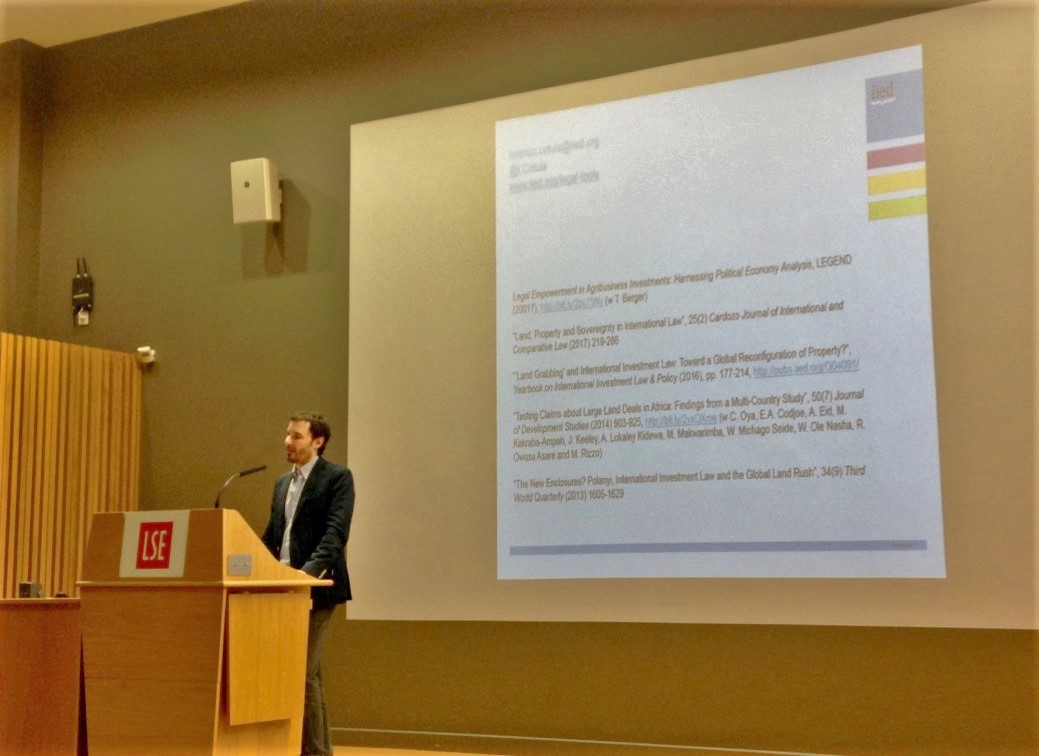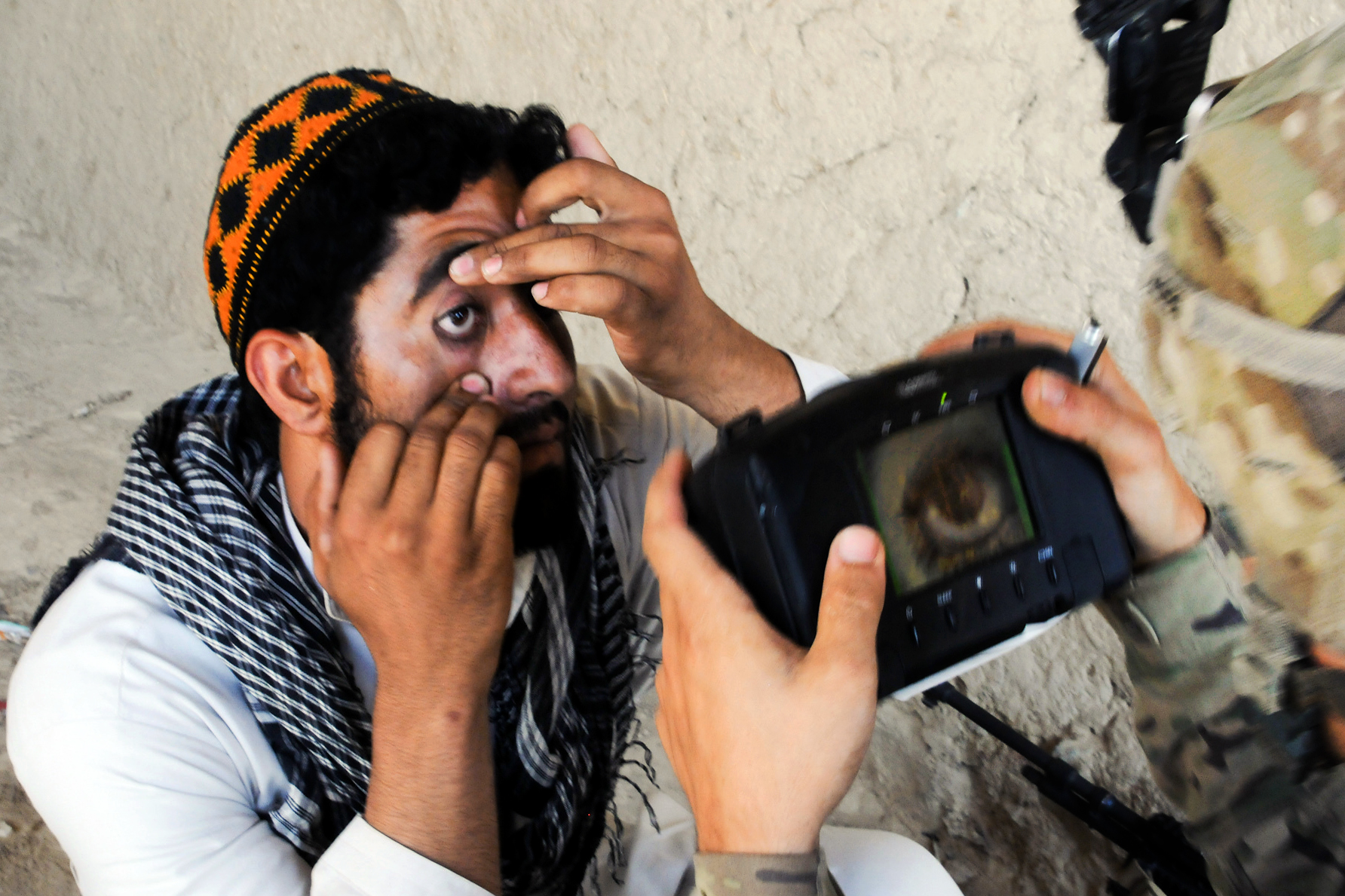Rishita Nandagiri, Joe Strong, Tiziana Leone and Ernestina Coast explain why recent cuts to global health funding by the UK are devastating for certain countries and groups, while they also create a dangerous vacuum into which ‘philanthrocapitalists’ and private foundations will step, allowing them to set global development agendas without any political mandate.
In 2020, the government announced the merger of the Department for International Development (DfID) and the Foreign and Commonwealth Office (FCO) into the new Foreign, Commonwealth, and Development Office (FCDO), signalling a stark change in direction of UK official development assistance (ODA). This was followed by an announcement about the government missing its legally mandated target of spending 0.7% of GNI on ODA, instead only spending 0.5%. Blaming the economic impact of the pandemic, the government insisted spending would return to 0.7% ‘when the fiscal situation allows’. Analyses show these cuts are likely to have almost insignificant impacts for the UK economy.
Previously the second-largest government donor in global health and professing a continued commitment to ‘improve global health’, the UK has cut funding for polio eradication by 95% and for water, sanitation and hygiene by more than 80%. It has also halved its commitment to a human rights programme, reduced a health workers’ training scheme by £48 million, and abruptly stopped payments which have affected ambulance and referral services in Sierra Leone; maternal and neonatal health in Somaliland; and operating theatres in the Democratic Republic of Congo. Cuts to programmes in Syria and Yemen, amongst others, raised concerns about increased hunger and malnutrition; stunting children’s health and development. Dominic Raab, the Foreign Secretary, extolled the UK’s commitment to girls’ education at the recent G7 summit, despite overseeing funding cuts of nearly 40%. The full extent of cuts and programmes affected remains unclear as new announcements and leaks come to light.
UK funding for UNAIDS was slashed by 83%, and for UNFPA by 85%. UNFPA estimates that the ‘[…] now-withdrawn 130 million GBP (180 million USD)… would have helped prevent around 250,000 maternal and child deaths, 14.6 million unintended pregnancies and 4.3 million unsafe abortions’. This comes alongside severely restricting the UK’s flagship Women’s Integrated Sexual Health (WISH) programme on sexual and reproductive health (SRH), resulting in clinic closures and an estimated 7.5 million additional unintended pregnancies, 2.7 million unsafe abortions, and 22,000 maternal deaths worldwide over the next year. It is further compounded by the sudden closure of the ACCESS programme, focusing on the sexual and reproductive health of marginalised communities and working in complex and challenging environments, including humanitarian settings.
SRH is fundamental to peoples’ health and wellbeing, with implications for nutrition, education, economic development, water, hygiene and sanitation, and health systems functioning, amongst others. The UK government’s SRH-specific cuts are thus exacerbated by budget reductions in related sectors, decimating programmes providing essential contraception, abortion, and reproductive health services worldwide. The cumulative effects of funding cuts mean that commodities and service provision will cost more, further affecting available resources. Despite evidence and research on the profound impact and benefits of consistent and unconditional investments in SRH, it has suffered from weak political commitment and stigmatising attitudes towards so-called ‘sensitive’ issues related to sex, sexuality, and reproduction. Individualised to ‘personal responsibility’, such approaches overlook social and structural conditions that mediate and shape peoples’ SRH and ignore established evidence.
SRH has weathered devastating cuts before: the US government’s Global Gag Rule (GGR) has been a feature of US ODA policies since 1984, rescinded by Democrat Presidents and reinstated by Republican ones. Under President Trump, the GGR was expanded, further restricting funds for reproductive health and rights. At the time, and until these sudden cuts, the UK government insisted on its ‘world leading’ commitment to and prioritisation of SRH. There are fears that these cuts will do more damage to SRH service provision than the GGR, particularly as these cuts renege on existing contracts and commitments. President Trump did not renege on existing contracts and commitments. The UK’s devastating cuts sow confusion and uncertainty, and risk irrevocably damaging carefully nurtured partnerships and relationships in and with the Global South.
Instead of de-prioritising SRH under the guise of focusing on a pandemic response – or, ironically, priority areas of girls’ education and climate change – the UK government should redouble its efforts to ensure SRH access because it shapes whether and how girls can continue their education and how climate change affects lives as a social determinant of health. SRH is also crucial to global health security and pandemic response, linked to existing frontline services and functioning health systems. The government, by framing these cuts as ‘tough but necessary decisions’ is being short-sighted and disingenuous, treating SRH as ‘collateral damage’. Made-marginalised populations like women and girls, LGBTQI groups, and children will bear the brunt of these cuts.
The lack of transparency surrounding these cuts marks a departure from historically high UK standards of transparency and accessibility of its bilateral funding for SRH. Prior to the merger, DfID was one of the highest ranked donors for aid transparency, whilst the FCO fell below the UK’s own transparency standards. Transparency concerns are compounded by obfuscation, blocking of Freedom of Information requests, and leaks surrounding the funding cuts. No meaningful consultation was conducted with experts or key stakeholders and agencies within the development sector. These cuts have received a vociferous pushback from across sectors, with no support by any major aid and development stakeholder.
Clear aid commitments and aid transparency in published documents, as well as detailed budgets that allow tracing of transaction trails are critical for accountability and the measurement and monitoring of corruption within public spending. The sudden announcement of cuts, avoidance of questions in parliament, reneging on existing contracts and commitments, and decision-making without proper scrutiny shrouds development aid in secrecy and sets a disturbing precedent for the UK.
The UN financing agenda calls for an ex-ante approach to ODA funding with clear commitments. Cutting ODA will result in more urgent and short-term approaches, already seen with COVID-19 and other health emergencies. Evidence shows that in the long term, investing in SRH is both a financial and a health and human rights investment. With further cuts into essential research and development, the government has created an environment where critical decision-making is not being ‘guided by the science’.
The ODA cuts create a dangerous vacuum into which philanthrocapitalists and private foundations will likely increasingly step. Philanthrocapitalism has a vertical approach to research, governance, and global politics that extends the power of individuals and foundations, reproducing inequitable power relations and allowing them to set global development agendas without any political mandate, approaching problems top-down rather than bottom-up. It also absolves governments – particularly in the Global North – of their responsibilities, and puts Global South countries in the position of grappling with the personal priorities of individual donors rather than setting and carrying out their own development agendas and goals. Philanthrocapitalists’ ‘technical’ solutions, while framed as apolitical, are anything but. While philanthrocapitalism may be ‘how the rich can save the world’, it sets up systems of return on investments’ alongside social impact; prioritising quick shifts rather than addressing the underlying causes of poverty and underdevelopment, or pushing for social transformation and justice. High-income countries fully implementing their ODA commitments in a clear and transparent manner is one of the most important checks to philanthrocapitalism in aid and development.
The UK’s ODA cuts are not just a ‘new model colonial’ agenda, but a deliberate devastation of DFID’s previous efforts to focus on long-term transformations that were locally-led, owned, and negotiated. UK ODA is not a ‘giant cashpoint in the sky’, nor is it a handout to the Global South. But these are the narrow, nationalistic and reductive frames used by a government claiming to be ‘Global Britain’ as it turns away from the world and its commitments.
This article was first published on the LSE Politics and Policy Blog.
The views expressed in this post are those of the authors and in no way reflect those of the International Development LSE blog or the London School of Economics and Political Science.





